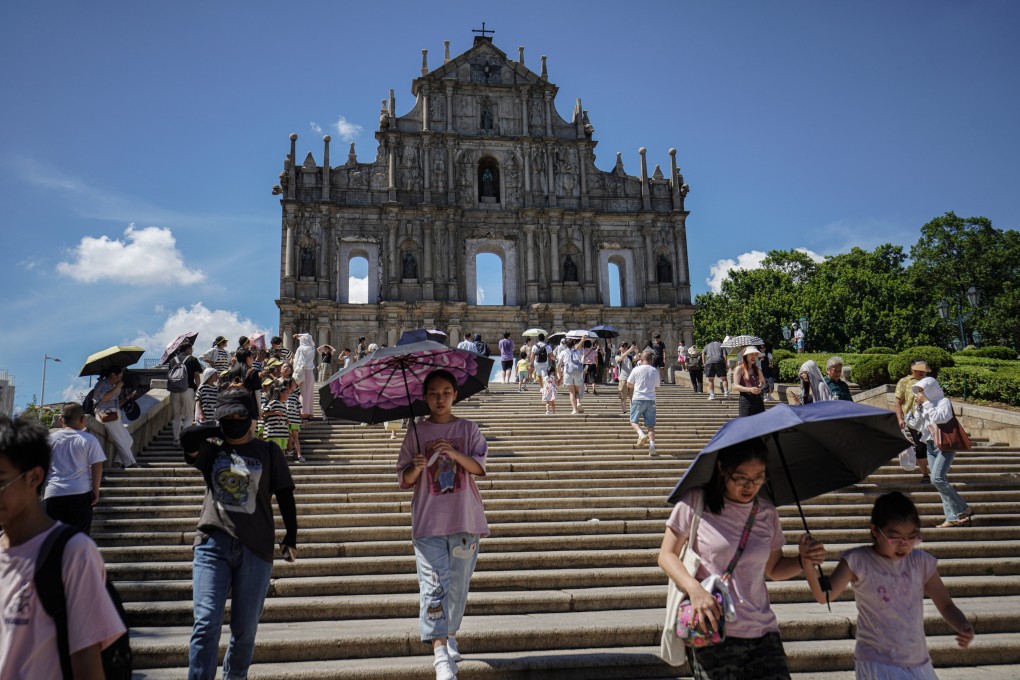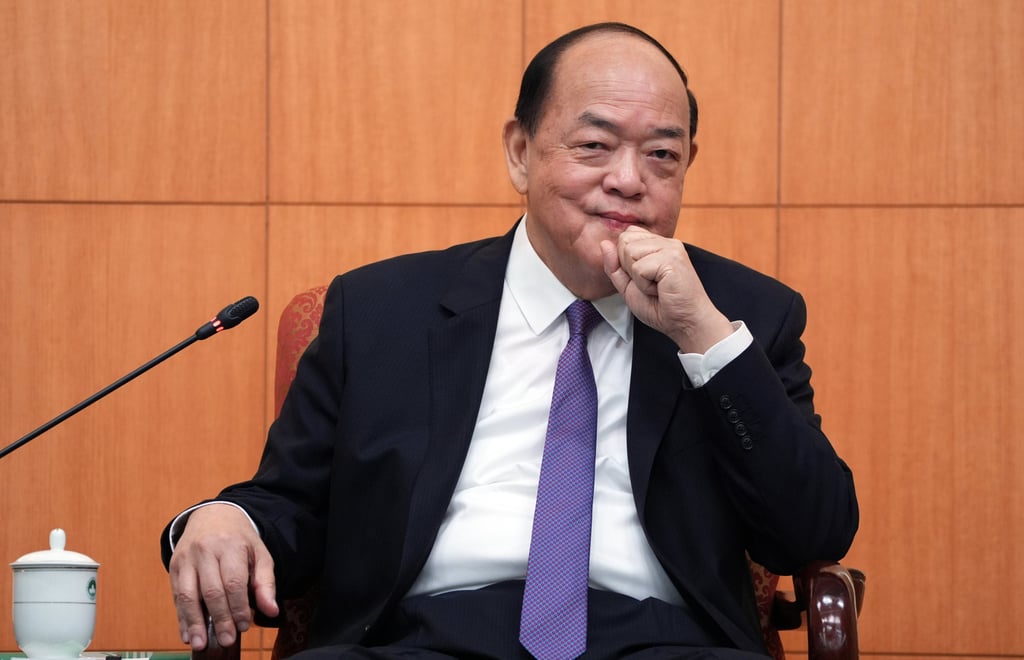Macau to open 80,000-seat outdoor venue as Hong Kong embraces mega events
- Chief executive of gambling hub says venue to launch next year, while its tourism board head insists city and Hong Kong not in competition

Macau is set to open a temporary 80,000-seat outdoor performance venue early next year as part of a wider drive to bolster the city’s attractiveness for mega events, while its leader called Hong Kong a “big brother” with whom the gambling hub would grow together.
Hong Kong is on track to open the 50,000-seat Kai Tak Sports Park in the first half of 2025, the largest sports infrastructure project in its history, in its own bid to become an events capital and boost the mega-event economy.
“Hong Kong has always been a ‘big brother’ to Macau,” Macau Chief Executive Ho Iat-seng told members of the media on Monday. “It is an international city with a stronger capacity and bigger population and has given a lot of support to Macau.
“We are grateful to the Hong Kong government and Chief Executive John Lee [Ka-chiu], who has given us a lot of advice. We are just like brothers and we will grow together.”
Ho said that hosting more mega events, ranging from concerts to sports tournaments, was one of Macau’s economic development goals.

“We are determined to finish a new performance venue that can house at least 50,000 people and even 80,000 by the end of this year, and to be launched next year,” he said. “Currently, we have already received many international inquiries.”

